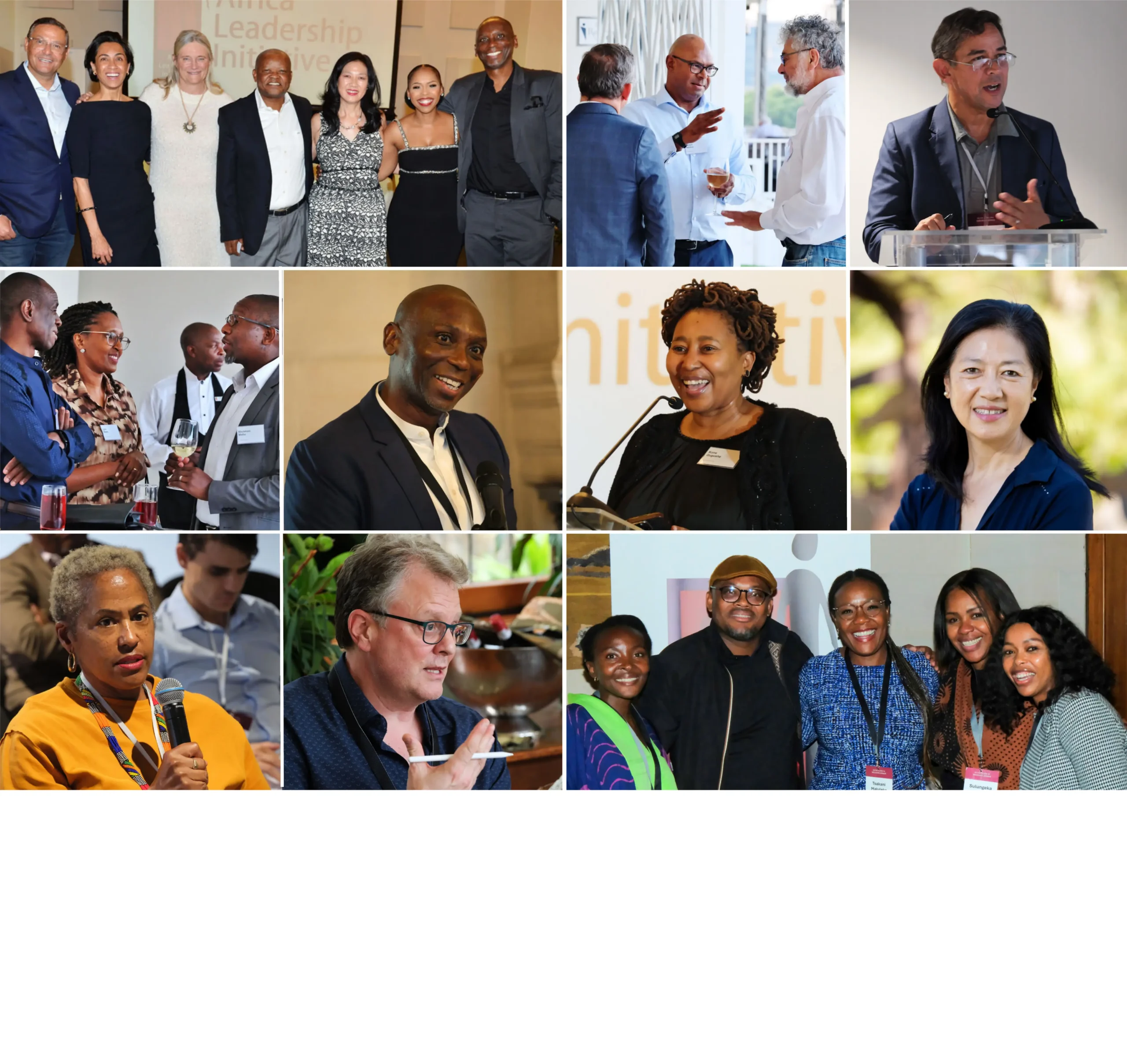 The AGRF (Africa’s Food Systems Forum) brings together private, public, development and non-profit partners, as well as the academic and research sectors in the agricultural landscape to take practical action that will move African agriculture forward. The AGRF seeks explicitly to unleash the full potential of Africa’s millions of smallholder farmers and their families.
The AGRF (Africa’s Food Systems Forum) brings together private, public, development and non-profit partners, as well as the academic and research sectors in the agricultural landscape to take practical action that will move African agriculture forward. The AGRF seeks explicitly to unleash the full potential of Africa’s millions of smallholder farmers and their families.
On 6 September Nozipho Tshabalala convened a session with the theme: How are we going to fund food systems transformation? This question is important, because limited budgets and fiscal constraints, together with political and economic issues, can prevent Africa from becoming large-scale food producers and African economies will stay dependent on the rest of the world for their livelihoods. Africans should be intentional about resourcing food systems transformation.
The key questions during Nozipho Tshabalala’s session on 7 September was: “What does African agriculture look like in the context of climate change, geopolitical conflict, and Covid recovery?”
Nozipho monitored the Youth Town Hall session on 8 September and after the meeting she commented: “These are some of the biggest players in empowering young people. Their money is where their mouths are. Today, I had the gift of facilitating a Youth Town Hall where young people were able to question leaders directly using their voices to shape the future they are inheriting.”
The session revolved around the power of young people to transform the continent’s agricultural potential into real action.
In Africa, the population of young people is growing rapidly. In 2015, 226 million youth aged 15-24 lived in Africa. By 2030, it is projected that the number of youths in Africa will have increased by 42 per cent. Africa’s youth population is expected to continue to grow throughout the remainder of the 21st century, more than doubling from current levels by 2055. Agriculture provides the single most important platform for employment, income generation and food security and can drive poverty reduction through increased productivity, value addition and links to other sectors.
The youth population has however not been well harnessed for agriculture and food systems transformation. Most young people don’t often see a future in agriculture; they see it as a back-breaking labour that is relic from the past. They also face a series of hurdles, including access to land, finance, and other productive resources necessary to start a viable agriculture-based livelihood. This consequently leads to youth taking up agriculture as the last remedy amongst other business and employment opportunities.
At the Youth Town Hall, in a session called Nothing About Us Without Us, youngsters were empowered by being given the opportunity to direct their concerns, ideas and questions to agricultural leaders. They were afforded the chance to give their input at high level and they were able to use their voices to shape the future they are inheriting.
The following high-profile speakers attended the session and interacted with the African youth on an eye to eye level:
- E. President of Senegal
- Reeta Roy, President and CEO of the Mastercard Foundation
- Barbara Stinton, President of The World Food Prize Foundation and World Food Prize Winner
Special guest remarks were made by Dr. Agnes Kalibata, President of AGRA and Host of the AGRF Secretariat’s: In Conversation with African Youth.
The meeting was closed by Rt. Hon. Édouard Ngirente, Prime Minister of Rwanda.









